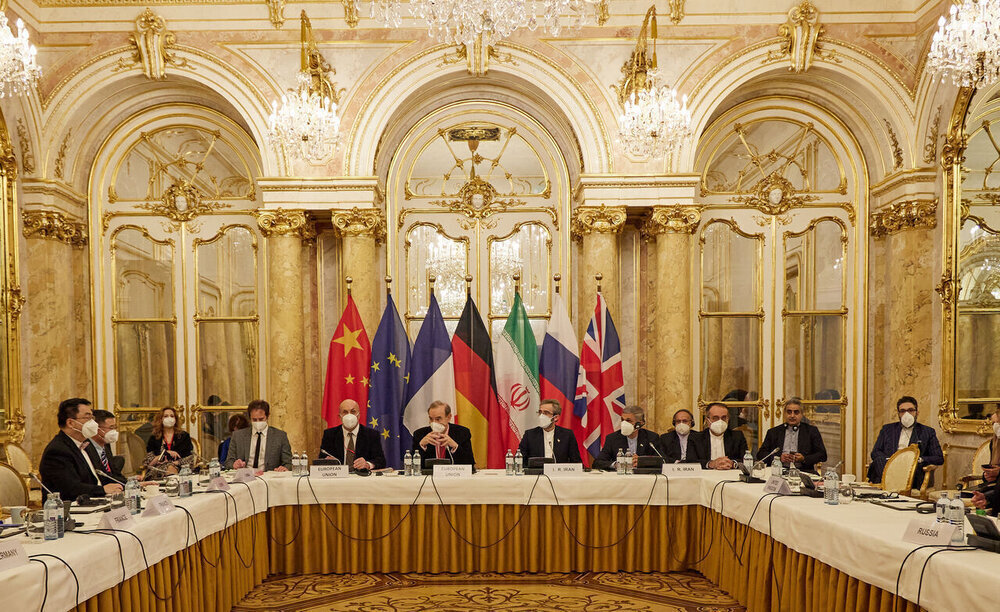Vienna talks make progress despite British pessimism

TEHRAN - Britain has once again resorted to the language of threat despite the fact that talks in Vienna are making progress, though slowly.
Iran’s chief negotiator, Ali Bagheri Kani, held meetings on Tuesday with several delegates in Vienna as part of the negotiations over reviving the 2015 nuclear deal, officially called the Joint Comprehensive Plan of Action (JCPOA). He held a meeting with chief EU negotiator Enrique Mora and then a meeting with the heads of the delegations of the EU and the E3 (France, Britain, and Germany).
Simultaneously, expert-level meetings were held to discuss how to revive the 2015 deal. The talks continued on Wednesday at the level of experts and heads of delegations, an indication that the talks in Vienna are making progress.
But British Foreign Secretary Liz Truss has another assessment. She stuck a note of pessimism at a time when even Western diplomatic sources are convinced that the talks are on the right track.
She warned about a perilous “impasse” at the talks. “This negotiation is urgent and progress has not been fast enough. We continue to work in close partnership with our allies but the negotiations are reaching a dangerous impasse,” Truss told the British parliament.
She so far as to urge Iran to choose between concluding a deal or bearing the responsibility for the unraveling of the JCPOA. “Iran must now choose whether it wants to conclude a deal or be responsible for the collapse of the JCPOA (nuclear deal). And if the JCPOA collapses, all options are on the table,” Truss added.
This wasn’t the first time the British foreign secretary made unconstructive remarks that go against the general atmosphere of the talks. At the beginning of the seventh round of talks, the British foreign secretary co-authored an op-ed with the Israeli foreign minister that used the language of threat against Iran. This was widely seen as a diplomatic gaffe as the seventh round was just beginning. The top British diplomat continued to make unconstructive remarks. He then said that the seventh round was the last chance to revive the JCPOA. “This is the last chance for Iran to come to the negotiating table with a serious resolution to this issue, which has to be agreeing the terms of the JCPOA. This is their last chance and it is vital that they do so,” Truss said in December.
Of course, the seventh round ended without any deal being made. And it wasn’t the last chance as talks entered the eighth round.
As regards the impasse, the talks are going on and the slow pace is natural given the depth and scope of the issues under discussion. Over the past few days, the talks even made further progress in terms of filling some of the brackets in the draft agreement. Therefore, the British allegation that the talks are heading toward a stalemate is far from reality and is seen by some observers as a move to pressurize Iran into making more concessions in Vienna.
Iran has said that some of the issues under discussion in Vienna require political decisions on the part of Europe and the U.S. If the West makes such decisions, Iran stressed, a deal in Vienna would be within reach soon.
